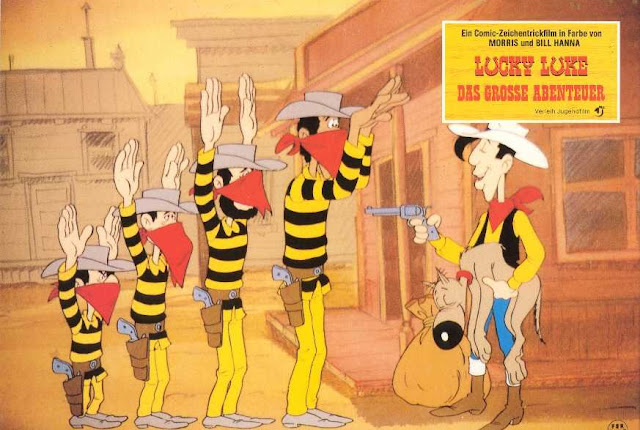Un raro calentamiento.
https://electroverse.net/european-fruit-shortage-expected/
Listos para una gran subida de precios.
April Snow hits Hungary, as Switzerland Registers Coldest Spell in 3-Decades: European Fruit Shortage Expected
The COLD TIMES are returning, the mid-latitudes are REFREEZING, in line with the great conjunction, historically low solar activity, cloud-nucleating Cosmic Rays, and a meridional jet stream flow (among other forcings).
April Snow hits Hungary
Heavy April snow hit Hungary this week, including in the regions of Bakony, Kékestető, Pécs, Komárom-Esztergom county, and Normafa.
More than a foot (30 cm) settled in Bakony, reports hungarytoday.hu.
The unexpected conditions have caused major traffic disruptions across the country.
Switzerland Registers Coldest Spell in 3-Decades
In nearby Switzerland, the first half of April has been characterized by very low minimum temperatures, frequent frosts at ground level and snowfall down to very low altitudes, according to meteosuisse.admin.ch.
The average minimum temperature over the past ten days was the lowest for April in decades.
In Lugano, for example, the average daily minimum temperature between April 4 and April 13 was 5.5C (41.9F) — such a cold spell in April had not occurred. since 2003.
It’s been even colder in La Chaux-de-Fonds; here, the average minimum for the last 10 days was -3.8C (38.8F) –one of the coldest for the last 30 years (with the lowest recorded during the April of 1991).
After brief burst of heat at the beginning of the month, temperatures
across Switzerland then fell off a cliff to levels well-below the
1981-2010 norm. Here the mercury has stayed ever-since, and is forecast
to remain. This is a devastating setup for the regions’ flora and fauna:
see Grand Solar Minimums and the Swings between Extremes.
Europe’s historic April chill, which included the declaration of an “Agricultural Disaster” in France, has resulted in a looming fruit and vegetable shortage.
As reported by freshplaza.com, the frost episodes earlier this month have devastated French crops; as a result, the country’s Minister of Agriculture, Julien Denormandie, has said “French fruit may be scarce this summer.”
Françoise Roch, president of the National Federation of Fruit Producers (FNPF), explains that while lows down to -2C (28.4F) can occur at this time of year (‘white frosts’), last week’s lows of -8C (17.6F) were an entirely different matter — these so-called ‘black frosts’ are incredibly rare, and utterly devastating.
“Here, we went down to -6C (21.2F), and in some regions, down to -8C (17.6F). Such a frost is NOT usual this late in the year, and it is catastrophic,” said Roch. “In the winter, a fruit tree is resting and can withstand temperatures of -20C (-4F). But in this case, the vegetation was already advanced because February was very warm this year and the trees thought that spring had arrived already. In such conditions, the slightest cold spell destroys the harvests.”
These ‘black frosts’ were not localized, either. According to Daniel Sauvaitre, arboriculturist and winegrower in Charente, “each region (of France) has been affected,” with many different crops suffering. From apricots and cherries, to table grapes and plums, “there will be almost nothing,” laments Roch, who adds that the Rhône valley and the region of Provence-Alpes-Côte d’Azur, for example, “are areas that had never seen such cold temperatures this time of year.”
The shortage of products will naturally lead to higher prices.
“If only 30% of the fruit can be harvested, the fruit will cost a lot more. It is normal for the producer to charge more in order to compensate for the losses and all the costs involved,” explains Roch. “But we hope that the purchasing centers and the stores will play the game so that prices do not soar too much, and that consumers will be understanding and kind enough to buy French products, even if they are a little bit more expensive.”
The intense freeze wasn’t just confined to France though, so cheaper
alternatives may not even be an option. April’s big freeze infected the
majority of Europe, and it is still ongoing in many parts. As of today,
April 16, England, for example, is still on for its 16th coldest April
since 1659 (CET). While in Germany, Poland and the Czech Republic,
thousand of storks that have made the long journey from
tropical Africa have arrived to find record snowfall on the ground
instead of the expected warmth and blooms of spring: they have arrived
at the wrong time, reports gismeteo.ru.





Comentarios
Publicar un comentario